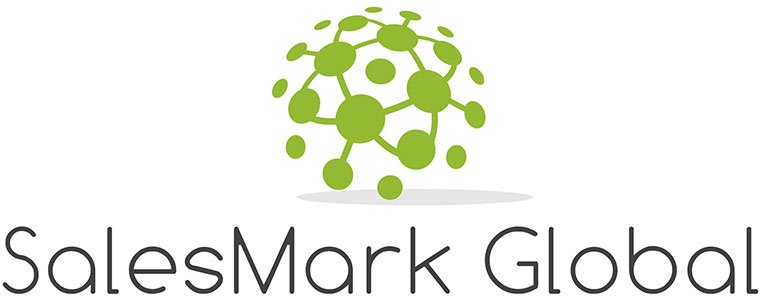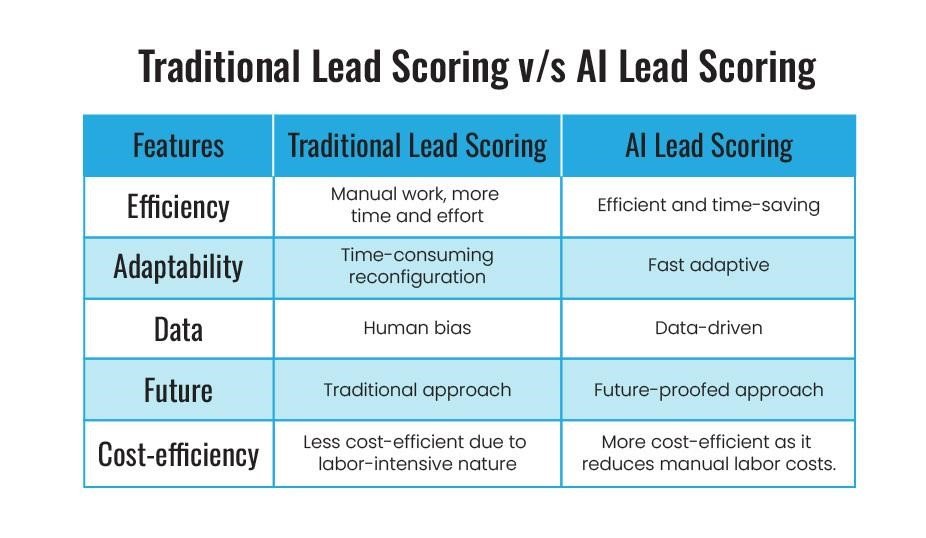Top 5 AI-Powered Customer Engagement Tools in 2024
Discover the top 5 AI-powered customer engagement tools transforming B2B interactions in 2024.
In 2024, AI-powered tools are revolutionizing how B2B companies engage with their customers. Discover the top 5 platforms, driving digital transformation through personalization, automation, and omnichannel engagement. Learn how AI is shaping the future of client relations and customer satisfaction.
Table of Contents:
1. Salesforce Marketing Cloud Account Engagement
2. HubSpot’s Service Hub
3. Twilio Flex
4. Microsoft Dynamics 365 Customer Engagement
5. Zendesk Sunshine
Conclusion
As per the 2024 forecast, B2B firms are headed towards investing in AI-based self-service tools for customers to improve effectiveness and deliver a superior, integrated customer experience. While social technology progresses and expands throughout the business world, the opportunities that AI allows to forecast people’s actions, navigate encounters, and enhance client experience become inestimable. Choosing the customer engagement platform plays a vital role in sustaining a competitive advantage, whether it serves the purpose of digital engagement, account engagement, or it is an aspect of customer engagement strategy.
This article will showcase the Top 5 customer engagement tools in B2B AI-based tools and their significance within today’s business environment and their ability to support sustainable growth.
1. Salesforce Marketing Cloud Account Engagement
Continuing its past performance, Salesforce has maintained its niche on the digital engagement platform, especially on marketing cloud account engagement software. Originally called Pardot, this is a sophisticated automated marketing platform that enables businesses to manage client relations effectively as well as provide intelligence data. The AI engine Einstein is at the heart of Salesforce’s customer engagement suite to provide lead scoring, behavioral, and predictive analytics for customers. A recent Gartner report noted that Salesforce stands out as a strong player in the customer engagement platform, particularly in terms of omnichannel engagement.
For instance, enterprise B2B eCommerce firms like Dell save time and money and improve conversion rates by 20% by using AI known as “Einstein” to predict leads’ outcomes in the sales pipeline. In 2024, the company is still well-positioned as it offers reliable integration and helps marketing and sales teams leverage real-time data to drive decisions.
2. HubSpot’s Service Hub
Specifically, the Service Hub software has appeared as a necessity for businesses that want to develop their customer engagement strategy. Supporting chatbots and ticketing systems for the basis, the platform augments the level of support automation yet keeps in touch with end-users in the digital format of interaction.
For B2B organizations, HubSpot’s digital contact tools allow for creating a consolidated customer profile, hence a 360-degree view. AI improves this process by directing tickets and creating customer satisfaction ratings, thus integrating dynamic customer reach strategies.
HubSpot has been used by companies like SurveyMonkey to connect their customer service with other departments to enhance the customer satisfaction level by 25%. As more companies embrace an omnichannel approach connecting with customers, HubSpot’s AI capabilities provide the scalability organizations require for managing customer communications while also meeting customer needs across all connected platforms.
3. Twilio Flex
Twilio Flex is a new fully programmable engagement platform specifically for contact centers, and it is an empty canvas for B2B businesses seeking to design very unique customer experiences. It employs AI in analyzing the conversations, the sentiment of callers, and what agent response to give based on the present conversation.
One of the biggest strengths of Twilio Flex is that it enables organizations to maintain interactive engagements across different contact points: SMS, chat, voice, and emails. For instance, Shopify, a B2B business, employs Twilio Flex in handling customer communications across various touchpoints, irrespective of where the interaction was initiated.
AI integration in Twilio Flex also assists with fielding common questions or basic interactions so that customers do not have to interact with human representatives for basic transactions. Today, Twilio Flex is steadily evolving, and existing features would include, for instance, the usage of analytics that gives organizations specific recommendations for enhancing the efficiency of the customer care services.
4. Microsoft Dynamics 365 Customer Engagement
Microsoft Dynamics 365 still stands as one of the most all-encompassing dynamic customer engagement tools on the market, especially for large organizations that may require a more robust approach to sales and marketing automation. It applies artificial intelligence to offer prognostic analytics to help businesses prepare for their customers’ expectations and fulfill them. Businesses can leverage Dynamics 365’s AI primarily for automating routine processes while benefiting from valuable insights enhancing the client outreach strategy.
For example, Coca-Cola Enterprises employs Dynamics 365 to monitor and control their client relationships, which leads to a decrease in customer attrition of 15%. The relationship insights feature is an artificial intelligence-based solution that assists B2B organizations in enhancing their customer interactions at all stages of the sales process, including lead generation and nurturing, sales, and aftercare.
With what Dynamics 365 provides as a platform for digital engagement and account engagement, coupled with the fact that businesses need customer engagement tools that are integrable with their CRM and ERP systems, Dynamics 365 is to continue being a perfect solution for every business.
5. Zendesk Sunshine
Zendesk Sunshine is an open CRM platform designed to offer digital interactions using artificial intelligence and machine learning. As the solution for B2B companies, Sunshine provides modular design of customer-facing applications and integrates tools and services into the platform with the AI-based core.
Some of Zendesk’s advanced functionalities include Answer Bot and AI analytics that assist corporations in addressing numerous common customer inquiries at once. AI is used for routing tickets or moving tickets from one agent to another, and machine learning models are used to predict CSAT scores.
Sunshine is suitable for businesses that need to coordinate conversations across various channels, such as social media, email, and chat. An example of Sunshine in action is how Slack uses Zendesk Sunshine to enhance its support for enterprise clients. Loyal customers have been maintained by Slack as the company has invested in AI technology that helps recognize customer preferences.
Conclusion
In 2024, AI customer engagement technologies are no longer a peripheral solution but a strategic requirement for B2B companies interested in remaining relevant. From Salesforce Marketing Cloud to HubSpot Service Hub, Twilio Flex, to Microsoft Dynamics 365, each of these tools presents unique benefits according to the business. However, they all share the common focus of driving value to clients through the use of AI in increasing engagement and automating processes for sustainable business growth. Therefore, including these platforms as part of your company’s approach to customers will be mutually beneficial for your B2B enterprise and the clients. It is therefore expected that with the dynamic nature of the marketplace, AI will further advance the ways of improving client interactions by providing solutions geared towards satisfying the needs of the client at every interaction point.
Visit Our SalesMarkBlog Section to Uncover the Sales Strategies That Ignite Your Sales Journey!






